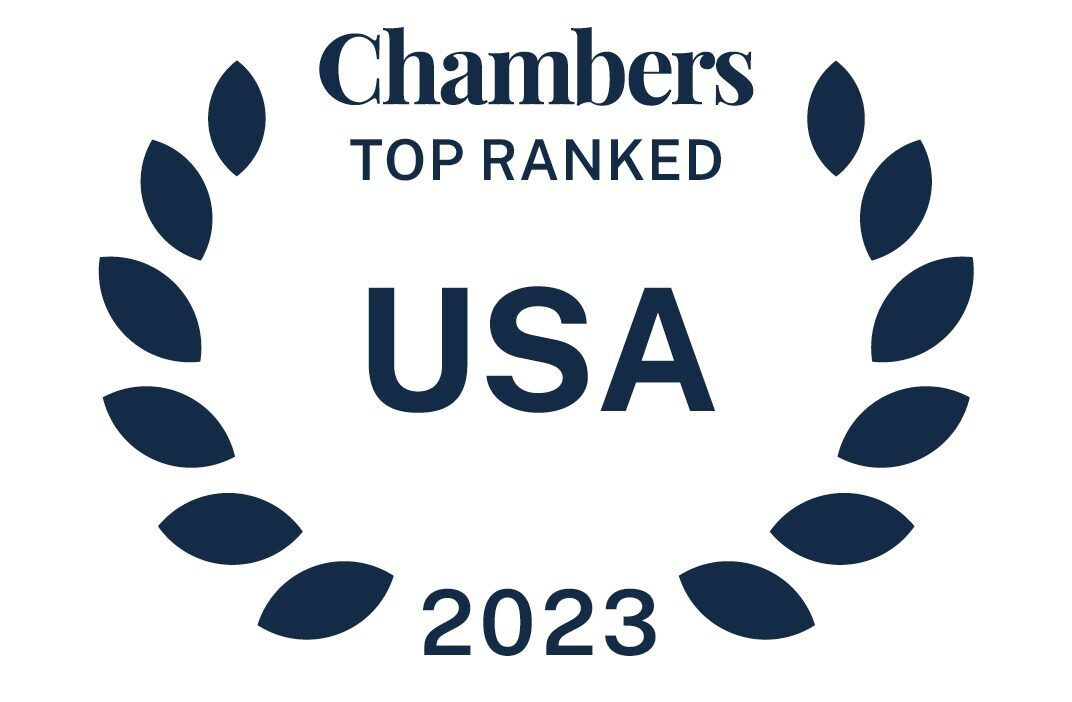On March 4, 2020, the House passed the Coronavirus Preparedness and Response Supplemental Appropriations Act, 2020, a bipartisan bill to aid in COVID-19 preparedness and response. The bill includes, among other things, provisions that waive certain telehealth requirements during the COVID-19 public health emergency to ensure Medicare beneficiaries can receive telehealth services at home to avoid placing themselves at greater risk of the virus.
Generally, Medicare beneficiaries may only receive telehealth services as a Medicare covered service if:
- The beneficiary (patient) is located in a qualifying rural area;
- The beneficiary is located at one of eight types of qualifying originating sites;
- The services are provided by one of 10 categories of distant site practitioners eligible to furnish and receive Medicare payment for telehealth services;
- The beneficiary and distant site practitioner communicate via an interactive audio and video telecommunications system that permits real-time communication between them—telephones, fax machines and email do not meet this requirement; and
- The CPT/HCPCs code for the service is on the list of covered Medicare telehealth services.
The bill gives the secretary of the US Department of Health and Human Services (HHS) the authority to waive the originating site requirement for telehealth services provided to Medicare beneficiaries located in any identified emergency area during emergency periods by a qualified provider. An “emergency area” is a geographical area in which, and an “emergency period” is the period during which, there exists: (a) an emergency or disaster declared by the president pursuant to the National Emergencies Act or the Robert T. Stafford Disaster Relief and Emergency Assistance Act; and (b) a public health emergency declared by the secretary. The bill also allows telehealth services to be provided to Medicare beneficiaries via phone, but only if the phone allows for audio-video interaction between the provider and the beneficiary.
The bill takes important steps to allow healthcare providers to deploy telehealth resources in response to COVID-19 and other public health emergencies, and allows Medicare beneficiaries to receive telehealth services from the comfort of their home (even via their smart phone) without risk of exposure. While the bill represents a further step in the expansion of the availability of telehealth services, we should be careful not to overstate its impact. The waiver of the originating site requirement and expansion of telemedicine modalities is limited to emergency areas identified by the president and secretary during emergency periods. Accordingly, as a practical matter, this expansion of availability of telehealth reimbursement is very limited. In addition, healthcare providers must still comply with state laws and regulations that govern telehealth, including, but not limited to, professional licensure, scope of practice, standard of care, patient consent and other reimbursement requirements for non-Medicare beneficiaries.
The bill offers a welcome relaxation of the rigid Medicare requirements for telehealth reimbursement during a time of stress within the healthcare industry. It also represents another, albeit small, step in the gradual acceptance of telehealth within the healthcare reimbursement sector.



